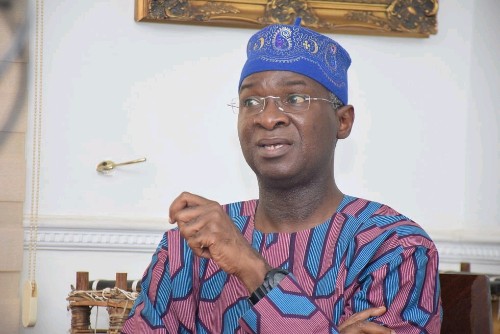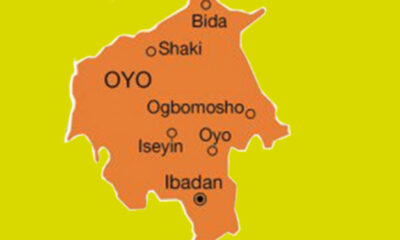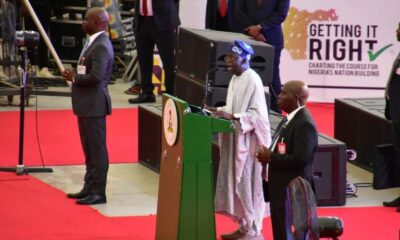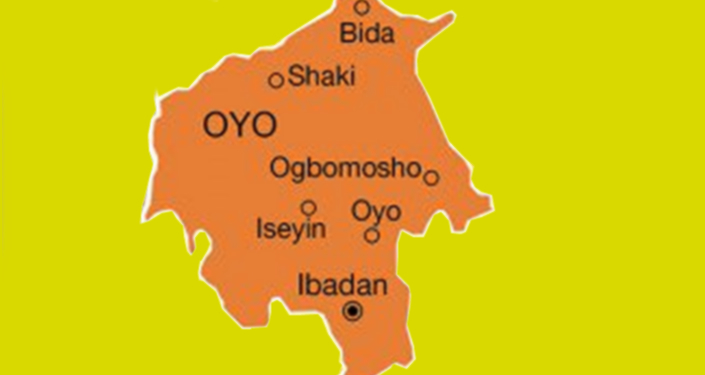BIG STORY
National Assembly Can Only Legislate On Minimum Wage, Not Salaries — Former Minister Fashola
-

 BIG STORY4 days ago
BIG STORY4 days agoFinland Freezes Simon Ekpa’s Assets, Detains Him In “Kylmäkoski” One Of World’s Toughest Prisons
-

 BIG STORY2 days ago
BIG STORY2 days agoUPDATE: 148 Chinese, 40 Filipinos, Other Nationalities Amongst 792 Cryptocurrency Fraudsters Arrested In Lagos [PHOTOS]
-

 BIG STORY8 hours ago
BIG STORY8 hours agoAfter Spending Over 14 Yrs In Prison, Governor Adeleke To Pardon Man Sentenced To Death For ‘Stealing Chicken’
-

 BIG STORY2 days ago
BIG STORY2 days agoBREAKING: EFCC Conducts ‘Biggest Arrest In A Day’, Nabs ‘792 Crypto-Fraudsters’ In Lagos
-

 BIG STORY3 days ago
BIG STORY3 days agoBREAKING: ECOWAS Okays Exit Of Niger, Mali, Burkina Faso By January 2025
-

 BIG STORY23 hours ago
BIG STORY23 hours agoWoman Seen In Video Slapping, Dragging FRSC Officer Remanded In Kirikiri Maximum Prison [PHOTO]
-

 BIG STORY1 day ago
BIG STORY1 day agoFour Years Ago I Failed In Front Of The World, Fast Forward, I’m The Best Player In Africa — Ademola Lookman
-

 BIG STORY3 days ago
BIG STORY3 days agoCouncil Autonomy: ALGON, NULGE Kick As Governors Get N2tn Local Government Allocations























